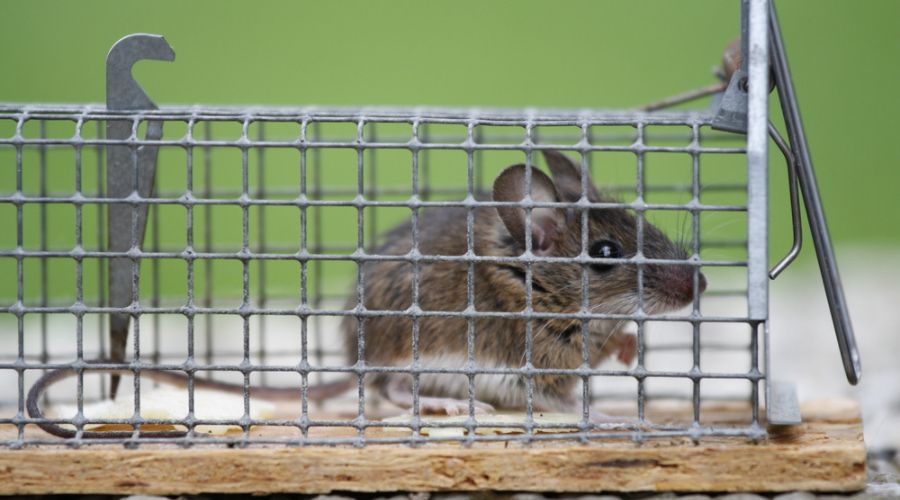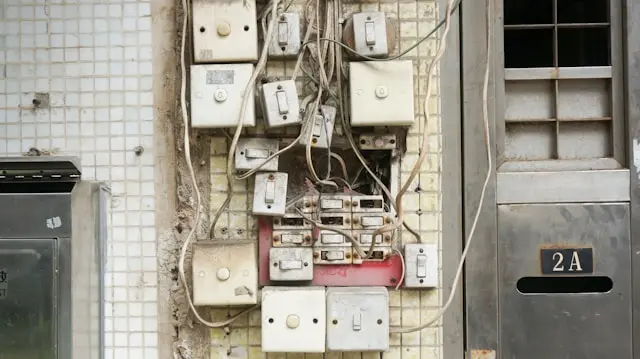One of the most basic needs of any living creature is food and water. Without these essential resources, survival becomes impossible.
This begs the question: how long can a mouse live without water and food? While mice are known to be resilient creatures, there are limits to their endurance.
The importance of food and water
Proper nutrition and hydration are vital for the survival of any living organism, including mice. Food provides essential nutrients, vitamins, and minerals necessary for their bodily functions and energy production.
Water is equally important as it helps maintain hydration levels, aids digestion, and eliminates waste products from their system. Without access to food and water, a mouse’s body will gradually weaken, leading to various physiological changes.
Dehydration will occur first, followed by the breakdown of muscle and fat tissues as the mouse’s body seeks alternative energy sources. These physiological changes not only affect their physical health but also impact their cognitive functions and overall behavior.
Effects of dehydration and starvation
Dehydration and starvation have severe consequences on a mouse’s health and overall well-being. When deprived of water, mice experience rapid dehydration, which can lead to electrolyte imbalances, organ failure, and ultimately death.
The lack of proper nutrition also weakens their immune system, making them more susceptible to infections and diseases. As their bodies struggle to function without essential nutrients, mice may exhibit lethargy, decreased mobility, and a decline in cognitive abilities.
Factors
While it is established that mice cannot survive long without water and food, there are certain factors that can influence their survival time under these conditions. One of the primary factors is the age and overall health of the mouse.
Environmental conditions play a crucial role. Mice in cooler environments may have a slightly longer survival time compared to those in hotter surroundings. This is because the heat increases their water loss through evaporation, leading to more rapid dehydration.
The genetic makeup of a mouse can also influence its ability to withstand extended periods without food and water. Some species of mice have evolved to survive in harsher environments, enabling them to conserve water and energy more efficiently.
How long can a mouse live without water?
While it is essential for mice to have access to water, they can survive for a short period without it. On average, a mouse can live for about 3-4 days without water. However, this is a general estimate, and individual factors such as age.
Mice are highly susceptible to dehydration, and even a minor lack of water can have severe consequences. Dehydration can lead to organ failure, loss of bodily functions, and eventually death.
It is important to note that depriving a mouse of water intentionally is inhumane and should never be done. Providing adequate water and proper care is essential for the well-being and longevity of these small creatures.
How long can a mouse live without food?
A mouse’s survival without food is longer compared to its survival without water. On average, a mouse can survive for 1-2 weeks without food, but this is again dependent on various factors. Factors such as the mouse’s age, health, and activity levels can affect its ability to withstand prolonged periods without food.
They can lower their metabolic rate to conserve energy and rely on stored fat reserves. However, extended periods of starvation can lead to severe health issues, including muscle wasting and organ damage.
While it should never be intentionally deprived of food, a mouse’s survival without food is relatively longer compared to without water. Nonetheless, it is essential to provide regular meals to ensure their overall well-being and prevent any potential health problems.
Conclusion
Ensuring that mice have access to both food and water is crucial for their overall well-being and health. While mice can survive for 1-2 weeks without food, it is not ideal to deprive them intentionally.
Similarly, mice require water on a regular basis to stay hydrated. Although the exact duration a mouse can survive without water is not as clear-cut, it is generally much shorter compared to its survival without food.
To maintain the well-being of mice, it is important to provide them with regular meals and access to fresh water. Doing so will ensure that their nutritional needs are met, their health is maintained, and any potential health problems are prevented.



